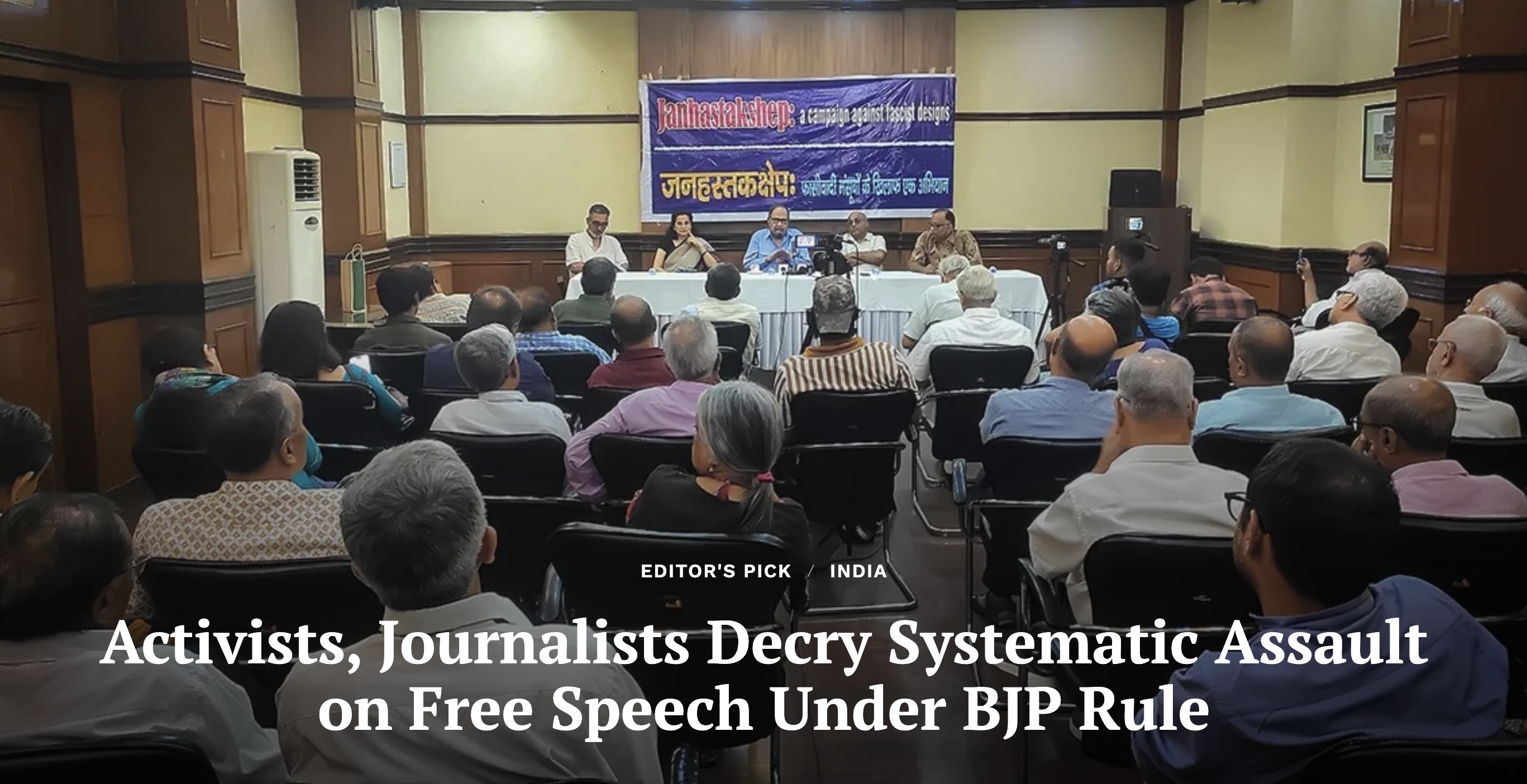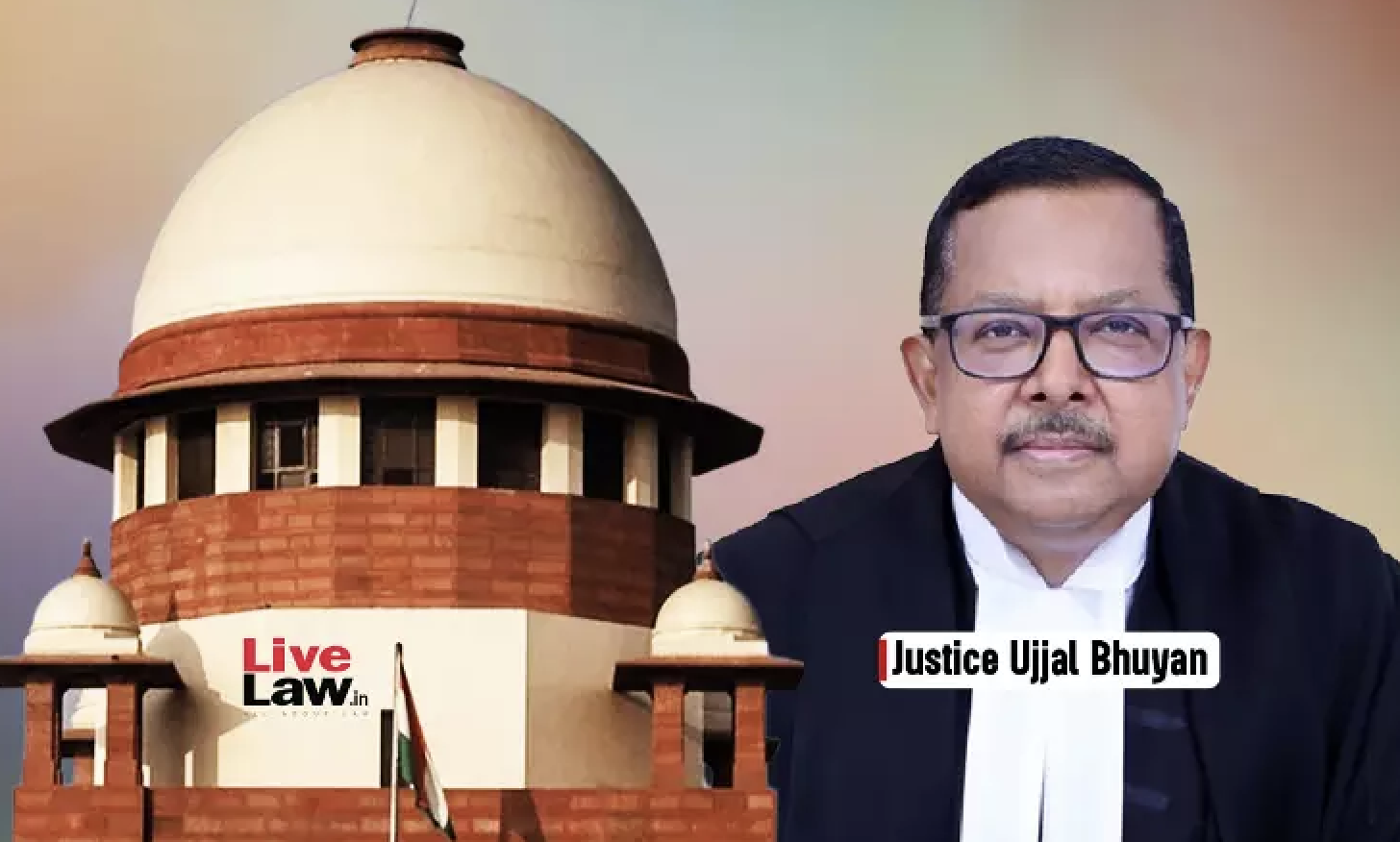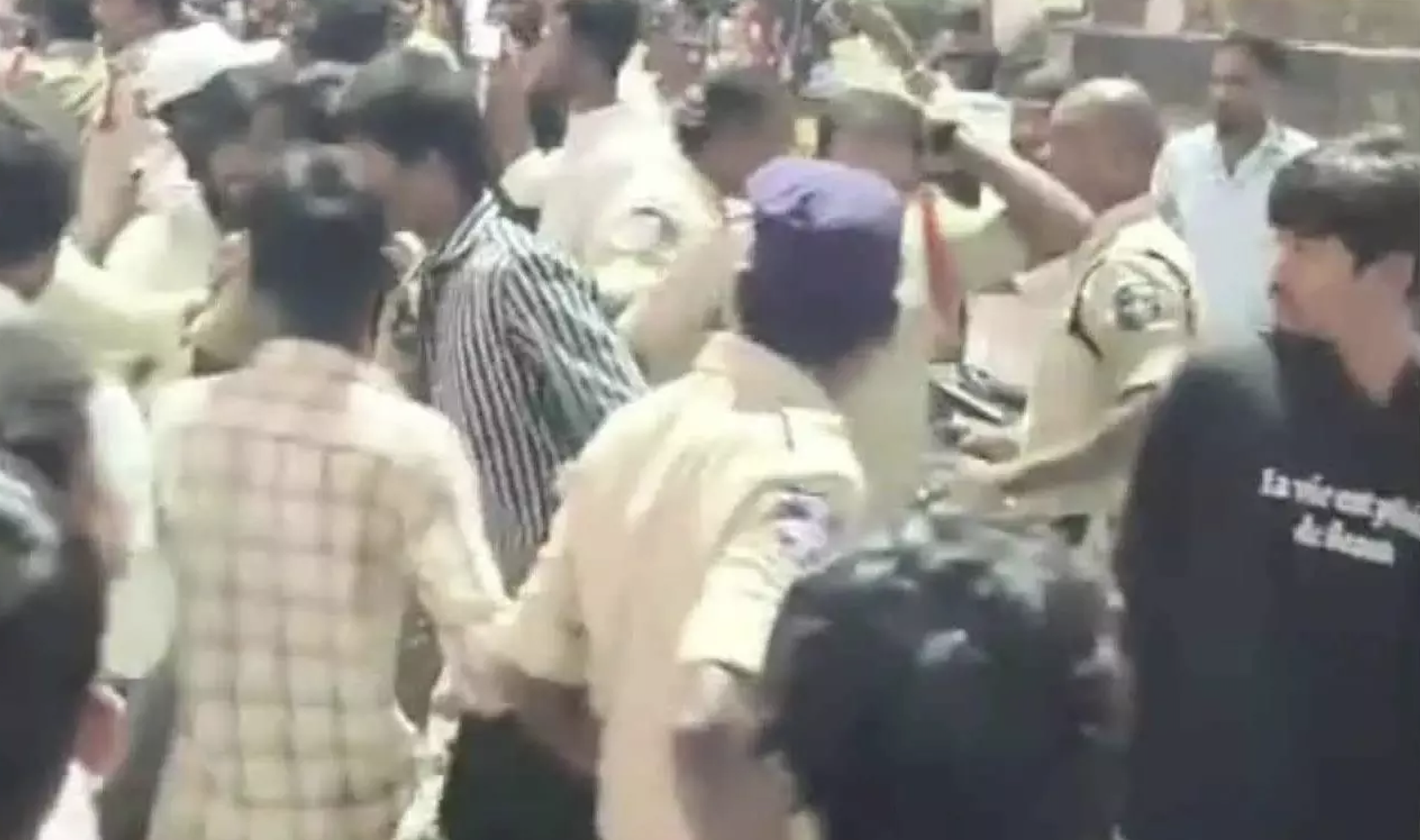
NEW DELHI — Leading intellectuals, journalists, academics, and civil rights activists have raised alarm over what they described as an “orchestrated assault” on press freedom, civil liberties, and freedom of expression under the Narendra Modi-led BJP government.
At a recent public meeting, under the aegis of the civil rights organisation Jan Hastakshep, at the Press Club of India here recently, speakers drew attention to a series of legislative, administrative, and extra-legal measures aimed at silencing dissent, criminalising journalism, and cultivating an atmosphere of fear and submission.
The meeting was held under the title “Throttling Press Freedom and the Attack on Freedom of Expression to Enslave Society.”
Veteran journalist Saeed Naqvi, JNU academic Prof Rakesh Batabyal, RTI activist and co-founder of Satark Nagrik Sangathan Anjali Bhardwaj, and award-winning investigative journalist from The Reporters’ Collective Nitin Sethi were among the speakers. The event was introduced by senior journalist Anil Dubey, with proceedings conducted by Jan Hastakshep convener Dr Vikas Bajpai.
Speakers highlighted a growing list of attacks on free speech and independent media. Among the recent flashpoints were the banning (and subsequent unbanning through court intervention) of The Wire and YouTube channel 4PM, the arrest of Ashoka University faculty Prof Ali Khan Mahmudabad for a mild social media post, and the assault and casteist abuse of four journalists in Bhind, Madhya Pradesh, after they exposed police extortion networks.
“These are not isolated events,” said Saeed Naqvi. “This is a pattern — a design — to intimidate, isolate, and eliminate independent journalism and dissenting voices.” He warned that with the demise of international checks and balances post-Cold War, Indian media has descended into a parody of itself, copying the West’s propaganda playbook but in more dangerous, communal forms.
Prof Batabyal of JNU spoke of the systemic corrosion of journalistic ethics and editorial independence, with state-favoured “Godi Media” turning into propaganda outlets that glorify sectarian politics while branding critics as anti-national.
A major concern voiced at the meeting was the passage of the Digital Personal Data Protection Act (DPDP) in 2023, with rules formulated in 2025. Speakers warned that the law, framed under the pretext of data privacy, could be weaponised to suppress whistleblowing and restrict journalistic access to public-interest data.
This story was originally published in clarionindia.net. Read the full story here.






